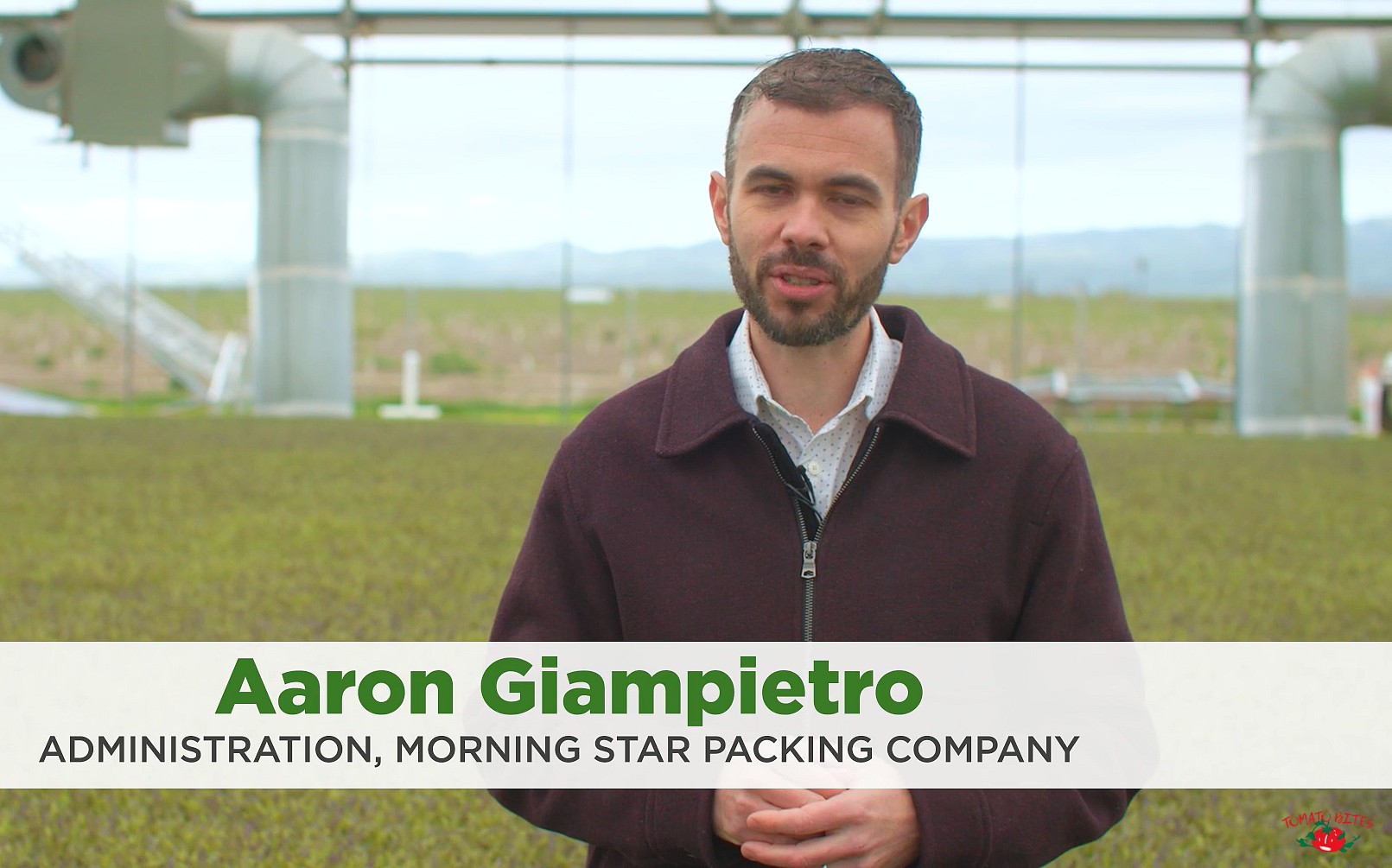Respect for your privacy is our priority
The cookie is a small information file stored in your browser each time you visit our web page.Cookies are useful because they record the history of your activity on our web page. Thus, when you return to the page, it identifies you and configures its content based on your browsing habits, your identity and your preferences.
You may accept cookies or refuse, block or delete cookies, at your convenience. To do this, you can choose from one of the options available on this window or even and if necessary, by configuring your browser.
If you refuse cookies, we can not guarantee the proper functioning of the various features of our web page.
For more information, please read the COOKIES INFORMATION section on our web page.


 The greenhouse sowing for tomato plants is in full swing with approximately 90% of our seeds sown by mid-March. The greenhouses have adapted to colder than average winter temperatures by using natural gas heaters to keep the young seedlings warm, even as the cost of natural gas sky rocketed in California. A number of natural gas pipelines to California were shut down in November and December due to unplanned maintenance amidst soaring demand for heating; this led to a significant increase in burner tip gas per therm, which soared as high as three dollars and 47 cents into December. Nationally, natural gas storage levels are robust and nearing the five-year maximum bounce. Natural gas futures currently suggest much better prices for the upcoming summer months, nearer to the mid-80 cents per therm burner tip cost.
The greenhouse sowing for tomato plants is in full swing with approximately 90% of our seeds sown by mid-March. The greenhouses have adapted to colder than average winter temperatures by using natural gas heaters to keep the young seedlings warm, even as the cost of natural gas sky rocketed in California. A number of natural gas pipelines to California were shut down in November and December due to unplanned maintenance amidst soaring demand for heating; this led to a significant increase in burner tip gas per therm, which soared as high as three dollars and 47 cents into December. Nationally, natural gas storage levels are robust and nearing the five-year maximum bounce. Natural gas futures currently suggest much better prices for the upcoming summer months, nearer to the mid-80 cents per therm burner tip cost. 



























